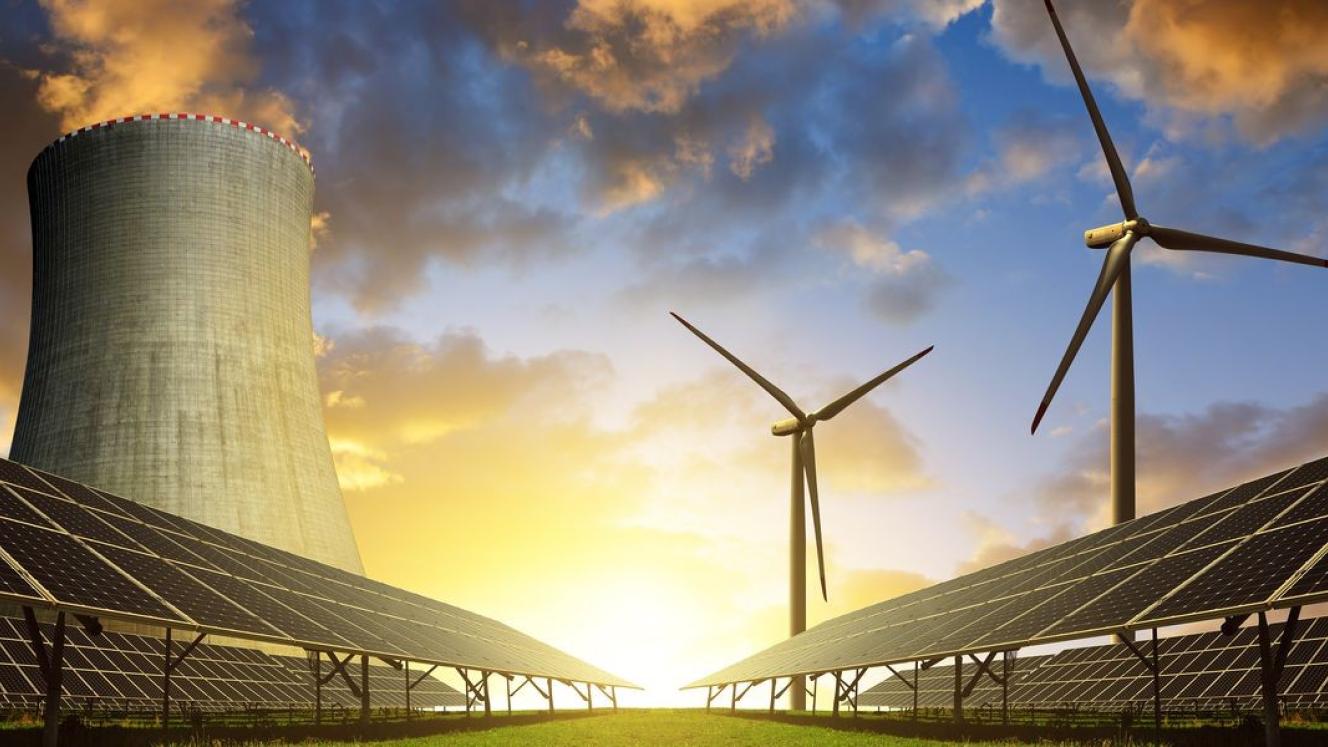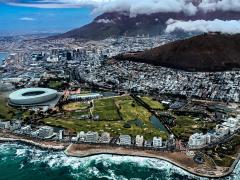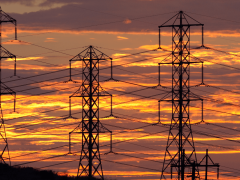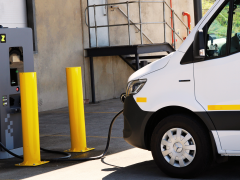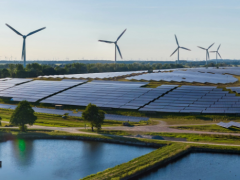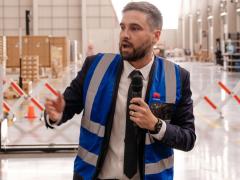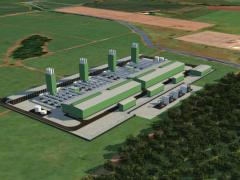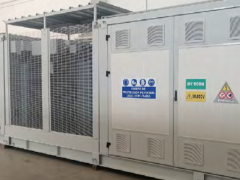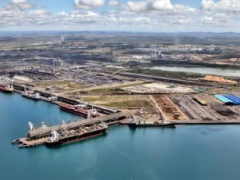The National Energy Regulator of South Africa (NERSA) has released a new gas strategy that prioritises liquefied natural gas (LNG) imports and regional cooperation to address the decline in supply from Mozambique.
The strategy outlines short- to long-term measures to secure energy supply during South Africa’s transition to a low-carbon economy. These include infrastructure development, policy reform and integration of gas with renewable energy and hydrogen.
“The recommended key policy and strategic interventions would directly shape the country’s ability to address the growing challenges for gas, particularly the issue of security of supply,” said Nomfundo Maseti, Regulator Member for Piped Gas Regulation at NERSA.
Mozambique decline prompts LNG focus
The report highlights the need for urgent action to mitigate the impact of declining gas imports from Mozambique. It recommends that LNG is prioritised as the most feasible short- to medium-term option and calls for investment in LNG import infrastructure and diversified gas sources.
In the longer term, the report supports the development of indigenous gas resources to reduce dependence on imports and improve energy resilience.
“Finalising and implementing the Gas Master Plan and the Gas Amendment Bill is essential to fostering investment and creating a supportive environment for sustainable gas sector growth,” the report says.
The strategy was developed through extensive stakeholder engagement and reflects input from across the energy sector, the report says. It calls for strengthened institutional and regulatory capacity to support implementation.
“Policy and regulatory coordination across gas, renewable energy and hydrogen sectors is critical to achieving integrated energy planning and infrastructure development.”
Regional and domestic diversification
The report identifies regional partnerships as a key element of South Africa’s gas supply strategy. In addition to Mozambique, it recommends pursuing bilateral agreements with Tanzania, Namibia and Angola.
Domestically, the strategy supports expanded gas use in power generation, industrial applications and transport, and encourages coordination between gas and other low-carbon energy carriers.
The full strategy report is available at www.nersa.org.za.

